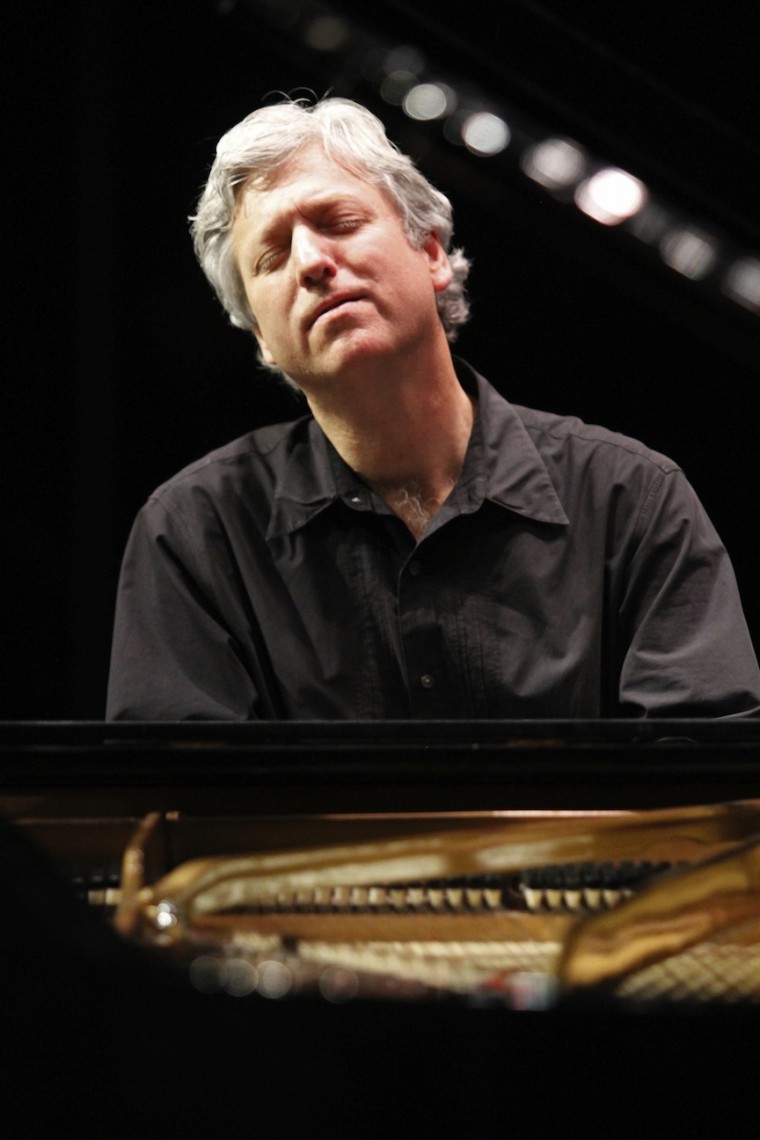
Washington Post music critic Anne Midgette yesterday picked up the thread of American pianist Brian Ganz‘s 10-year Chopin Project — a decade-long series of concerts that are to present every piece that composer wrote.
- Classical Music 101: What Does A Conductor Do? - June 17, 2019
- Classical Music 101 | What Does Period Instrument Mean? - May 6, 2019
- CLASSICAL MUSIC 101 | What Does It Mean To Be In Tune? - April 23, 2019
It’s a massive project that has been far more commercially successful in the Baltimore-Washington area than anyone could have expected.
What I think is most interesting about Ganz is how very happy he is teaching and performing for a local audience.
Here is someone who started a concert career as a super-talented teenager, then dropped out and discovered that satisfaction was not about traveling the world or big album deals.
I had the luck to hear Ganz in a series of chamber-music and solo recitals last year. His sensitivity and musicality are remarkable. Lucky are those people who get a chance to hear this artist perform.
The point I’m trying to get to is that each city has musicians like Ganz — incredibly dedicated, talented, expressive — who, for an infinite number of reasons, have a local career instead of an international one. Large-scale marketing of classical music, like everything else, is about the biggest stars, the shiniest brands and the brightest new object. But the real substance — and the reason it will continue to thrive — is in these dedicated artists who keep doing what they love, inspiring new audiences and introducing children to the joys and sorrows of making their own music.
There should be a local musician appreciation day, so we can remind ourselves of the riches in our midst. And because, thanks to human nature, the grass will always be greener around some other city’s concert calendar anyway.
Midgette writes how Ganz’s teacher Leon Fleischer helped the then-young pianist get a sense of perspective:
“He said, ‘You know the music itself will be your haven, from all the trappings of the big career,’ ” Ganz says. “I thought, that’s the juice: the ultimate satisfaction is in the making of the music. In many ways, there’s something equally satisfying about a very small audience where there’s no media attention whatsoever, and it’s just you and these hungry souls eager to be nourished by beauty. And that for me is just as satisfying as a big high-visibility concert at a hall like Strathmore.”
The unexpected benefit is that although Ganz is not Lang Lang, he has been able to sell out a 2,000-seat hall for his solo piano recitals. His community knows a good thing when it hears it.
You can read Midgette’s whole article here.
+++
Here are 15 minutes of a recital that I was lucky enough to attend. Iknow I’m going to remember for the rest of my life. The ad hoc trio is Ganz, cellist Alisa Weilerstein and violinist Steven Copes playing the second half of Brahms’ Op. 8 Trio in Cartagena, Colombia, a year ago:
John Terauds
- Classical Music 101: What Does A Conductor Do? - June 17, 2019
- Classical Music 101 | What Does Period Instrument Mean? - May 6, 2019
- CLASSICAL MUSIC 101 | What Does It Mean To Be In Tune? - April 23, 2019



